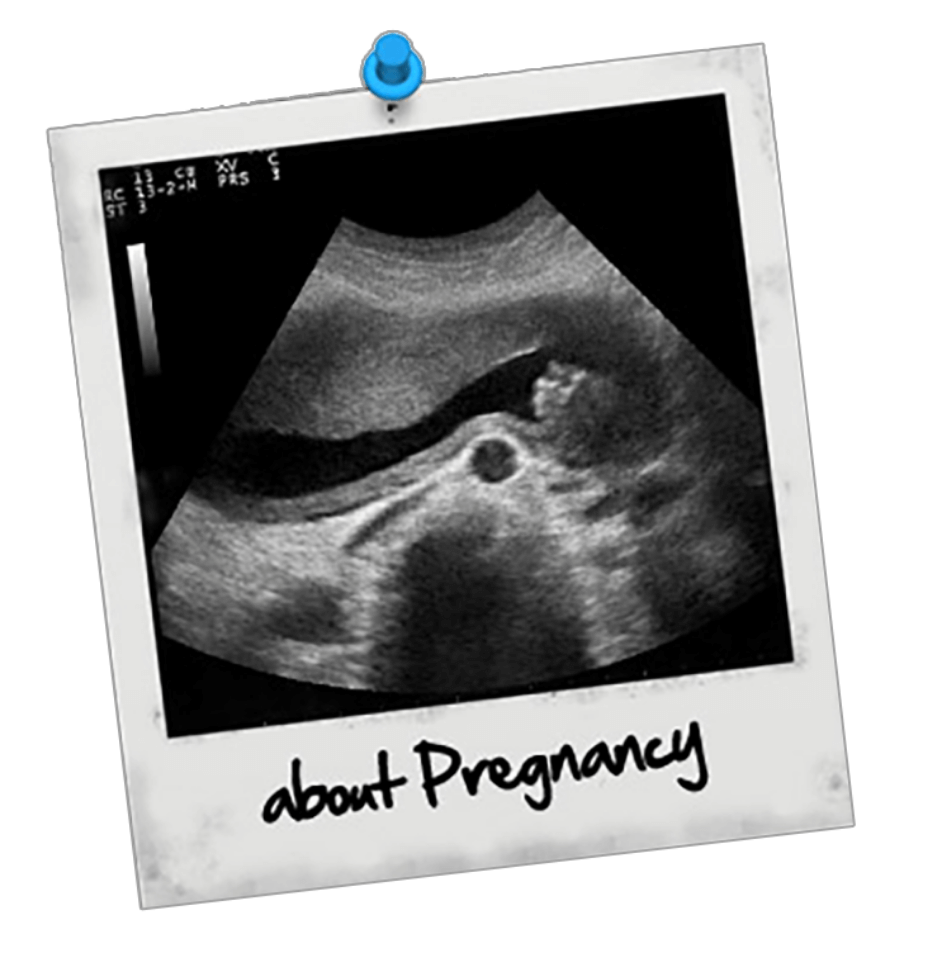How does pregnancy happen?
The only thing that can cause pregnancy is when sperm comes in contact with the vagina or vulva. It can take up to six days after intercourse for the sperm and egg to join, and then another six days for the recently fertilized egg to implant itself in the lining of the uterus. Pregnancy begins at this implantation when a certain hormone is released. This hormone, called human chorionic gonadotropin (HCG), works to support pregnancy.
Can I get pregnant from pre-ejaculate?
It does not contain sperm like ejaculate, but there is still a small risk of pregnancy. There is a possibility that it can pick up sperm in the urethra from a recent ejaculation, in which case it could cause pregnancy.
Is there a certain time when I can get pregnant?
You can get pregnant at any time of the month. However, during ovulation (about 14 days before the start of your period) you are more likely to get pregnant because that is when the release of an egg occurs.
How do I tell my parents I am pregnant?
Set aside a time and place to talk to your parents and explain that you have something important to tell them. Explain that you really need their support during this time and that you are scared or worried about your future. It might help to say something like “I know you didn’t expect this” to show that you understand their disappointment. Parents may be upset or angry right away but they need time to adjust to this news, the same way you needed to adjust to this news. Getting along with your parents isn’t always easy, even under good circumstances, so try and cut them some slack if their initial reaction isn’t what you hoped for. In the end, they only want the best for you. Ask what they think you should do about the baby (adoption or parenting, for example) and consider those ideas.
(references: Planned Parenthood, KidsHealth.org)
